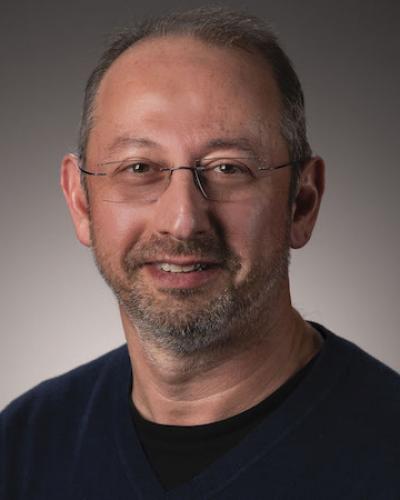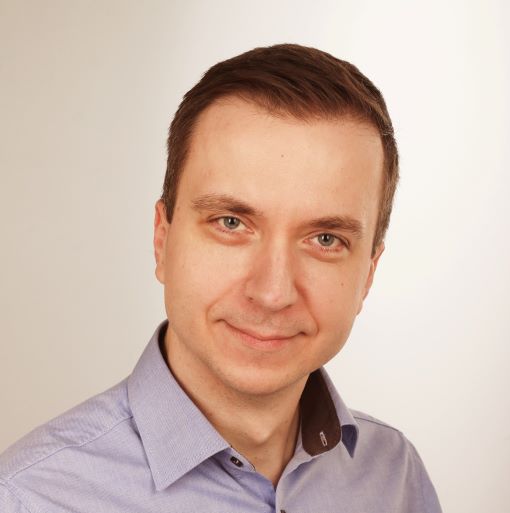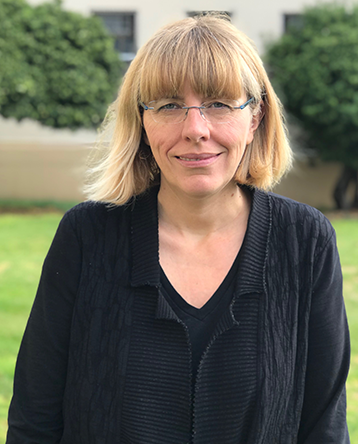Keynotes
Tevfik Bultan, University of California, Santa Barbara
Software Complexity, Path Complexity, and Branch Selectivity

Bio: Tevfik Bultan is a Professor in the Department of Computer Science at the University of California, Santa Barbara (UCSB). His research interests are in software verification, program analysis, software engineering, and computer security. He co-chaired the program committees of the 9th International Symposium on Automated Technology for Verification and Analysis (ATVA 2011), the 20th International Symposium on the Foundations of Software Engineering (FSE 2012), the 28th IEEE/ACM International Conference on Automated Software Engineering (ASE 2013), and the 41st ACM/IEEE International Conference on Software Engineering (ICSE 2019). He was the general chair of the 2017 ACM SIGSOFT International Symposium on Software Testing and Analysis (ISSTA 2017). He served as the chair (2019-2023) and vice chair (2005-2009) of the Department of Computer Science at UCSB. Tevfik Bultan is the recipient of a NATO Science Fellowship from the Scientific and Technical Research Council of Turkey (TUBITAK), a Regents’ Junior Faculty Fellowship from the University of California, Santa Barbara, a Faculty Early Career Development (CAREER) Award from the National Science Foundation, two ACM SIGSOFT Distinguished Paper Awards, a Best Paper Award from International Conference on Automated Software Engineering (ASE), and the UCSB Academic Senate Outstanding Graduate Mentor Award. He was recognized as an ACM Distinguished Scientist in 2016.
Tomasz Kuchta, Samsung Poland Research Institute
Let’s Help Symbolic Execution SOAR!

Bio: Tomasz Kuchta is a computer scientist striving to make computer systems reliable and secure. He is a member of Samsung’s Mobile Security Team in Warsaw where he works on research, development of automation tools and security assessment of the latest flagship devices. In the past, Tomasz helped secure mobile products at Qualcomm and built base stations control software at Motorola. He holds a PhD in computing from Imperial College London. His research spans novel applications of symbolic execution, software reliability and easier testing of complex software systems.
Corina Pasareanu, NASA Ames and Carnegie Mellon University
Symbolic PathFinder: Symbolic Execution for Java

Bio: Corina Pasareanu is an ACM Fellow, working at NASA Ames. She is affiliated with KBR and Carnegie Mellon University’s CyLab. Her research interests include model checking, symbolic execution, compositional verification, probabilistic software analysis, autonomy, and security. She is the recipient of several awards, including ETAPS Test of Time Award (2021), ASE Most Influential Paper Award (2018), ESEC/FSE Test of Time Award (2018), ISSTA Retrospective Impact Paper Award (2018), ACM Impact Paper Award (2010), and ICSE 2010 Most Influential Paper Award (2010). She has been serving as Program/General Chair for several conferences including: ICSE 2025, SEFM 2021, FM 2021, ICST 2020, ISSTA 2020, ESEC/FSE 2018, CAV 2015, ISSTA 2014, ASE 2011, and NFM 2009. She is on the steering committees for ICSE, ESEC/FSE and ISSTA conferences. She is currently an associate editor for IEEE TSE and for STTT, Springer Nature.
Presentation: slides
